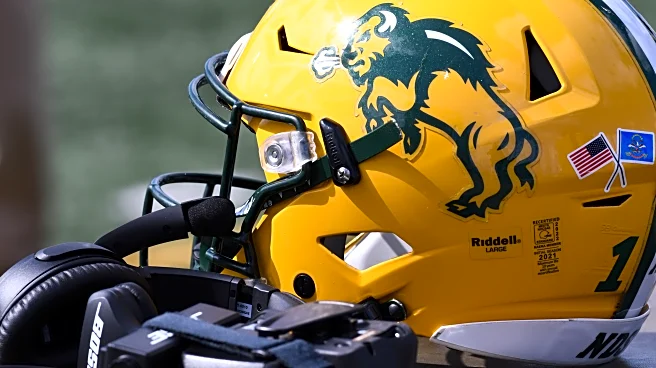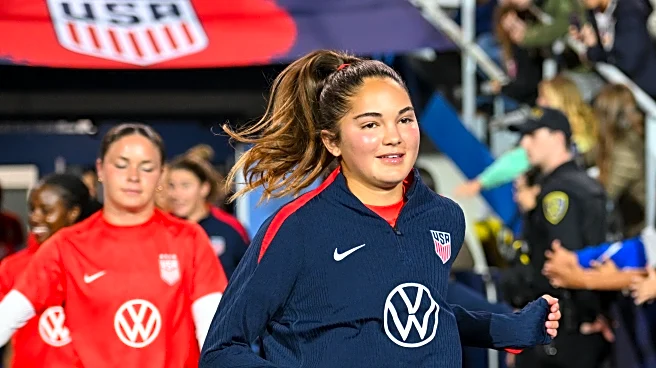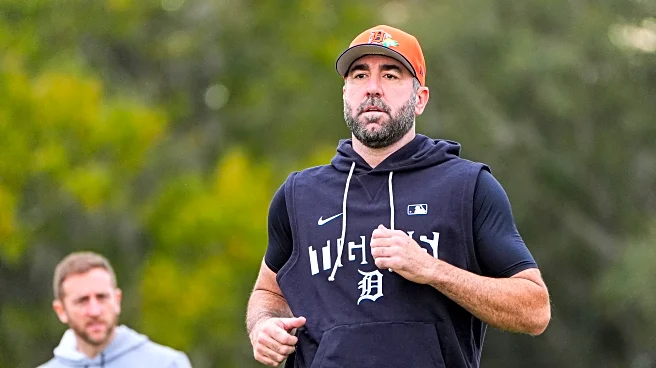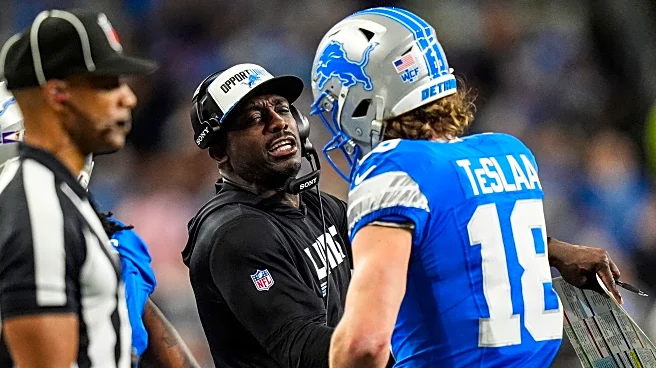What is the story about?
What's Happening?
The LA28 organizing committee, responsible for the 2028 Summer Olympics in Los Angeles, has reached an agreement with the International Olympic Committee (IOC) to allow the sale of naming rights for Olympic venues. This marks the first time in Olympic history that such a commercialization effort has been approved. The decision aims to alleviate logistical challenges, reduce costs for the city, and help cover the budget for the Games. Despite this commercialization, the field of play will remain free of visible advertising. Notable venues like SoFi Stadium and Crypto.com Arena will retain their existing names, provided the companies owning these rights become founding-level partners. The agreement allows up to 19 temporary venues to carry naming rights, with The Olympic Partners program members receiving first bidding opportunities.
Why It's Important?
This development is significant as it represents a shift in the traditional approach of the IOC, which has historically resisted corporate influence in the Games. By allowing naming rights, the LA28 committee can generate substantial revenue, crucial for funding the privately financed event. This move could set a precedent for future Olympic Games, potentially altering how they are funded and organized. The decision benefits companies with existing naming rights, as they can maintain brand visibility during a globally watched event. However, it also raises questions about the balance between commercialization and preserving the Olympic spirit.
What's Next?
The next steps involve finalizing contracts with companies interested in securing naming rights. The LA28 committee will continue discussions with potential partners to ensure the financial success of the Games. Stakeholders, including local government and community groups, may react to this commercialization, potentially influencing future decisions. The IOC will likely monitor the impact of this decision on the Games' integrity and public perception.
Beyond the Headlines
This move could have broader implications for the sports industry, highlighting a trend towards increased commercialization in major sporting events. It may prompt other international sporting bodies to reconsider their stance on corporate sponsorships. Additionally, the decision could influence public discourse on the role of corporate interests in cultural and sporting events, potentially leading to debates on ethical and cultural dimensions.















